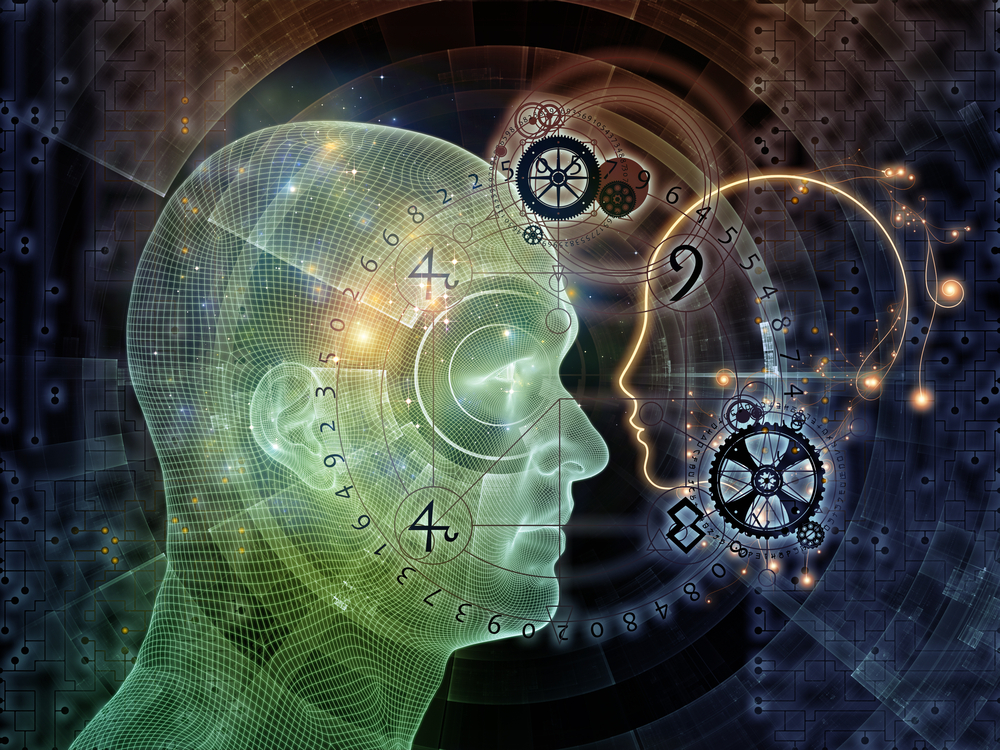Christoffer O. Hernæs
More posts from Christoffer O. Hernæs
Artificial intelligence is one of the hottest subjects these days, and recent advances in technology make AI even closer to reality than most of us can imagine.
The subject really got traction when Stephen Hawking, Elon Musk and more than 1,000 AI and robotics researchers signed an open letter issuing a warning regarding the use of AI in weapons development last year. The following month, BAE Systems unveiled Taranis, the most advanced autonomous UAV ever created; there are currently 40 countries working on the deployment of AI in weapons development.
Those in the defense industry are not the only ones engaging in an arms race to create advanced AI. Tech giants Facebook, Google, Microsoft and IBM are all engaging in various AI-initiatives, as well as competing on developing digital personal assistants like Facebook’s M, Cortana from Microsoft and Apple’ Siri.
Mark Zuckerberg even wants to create his own version of Jarvis from Iron Man to run his home. At this year’s World Economic Forum in Davos it was stated that artificial intelligence is ushering in the fourth industrial revolution, which will change society as we know it and cost five million jobs by 2020.
Robots are no longer limited to traditional blue-collar jobs, fully automated assembly lines and high-frequency trading algorithms. White-collar jobs are ripe for automation, and robots are replacing bank tellers, mortgage brokers and loan officers in the financial industry. These examples follow strict repetitive rule-based routines, and a machine easily can perform them without any human interaction.
However, a recent development is the beginning of a new era of AI, in which AI can perform complex tasks and must no longer rely on pre-programmed rules for decision-making. Robo-advisor services like Betterment and Wealthfront are rising in popularity, and the hedge fund industry is launching AI-controlled funds that operate completely without human interaction. The co-head of one of these funds predicts that the time will come that no human investment manager will be able to beat the computer. But how is it possible for AI to operate autonomously without any human interaction?
Machine learning, one of the fundamentals behind AI, was defined by Arthur Samuel in 1959 as the science of getting computers to learn and act without being explicitly programmed. This technology is integral in the development of self-driving cars, IBM Watson and speech and image recognition, as well as solving some of our most challenging tasks, like making sense of the human genome.
Machine learning has its roots in statistical pattern recognition, and is fundamental in many everyday applications and services, like spam filters and web search algorithms. The fundamental aspect of machine learning is letting the computer program learn from examples. To accelerate machine learning development, Google released its machine learning system, TensorFlow, on GitHub, which led to Microsoft following up shortly thereafter.
Deep learning takes the concept of machine learning even deeper (pun intended), and can model complex non-linear relationships consisting of many layers. Deep learning is often mentioned interchangeably together with artificial/deep neural networks, which can be viewed as a biologically inspired programming paradigm that enables a computer to learn from observational data. Deep learning is considered the technique we apply to learn in neural networks.
Quantum computing is the latest and hottest in AI development. Google states they have in collaboration with NASA a quantum computer that is 100 million times faster than a traditional computer. The D-Wave 2X could theoretically complete calculations within seconds to a problem that might take a digital computer 10,000 years to calculate. However, Google states that quantum computing might not be suitable for deep learning.
While traditional computers rely on bits that are either 1 or 0, a quantum computer is based on qubits that can hold a superposition and be both 1 and 0 simultaneously. This state enables quantum computers to crunch data at an exponential rate. While quantum computing may not be suited for deep learning, it could revolutionize the field of optimization in logistics, investment strategies and energy production and consumption.
The road to true artificial intelligence is not paved with a single discipline, but rather a collection of specialized subject matters, techniques and theories that together interact to create some form of intelligence.
I have limited this post to include only a selection of the technologies and techniques applied in AI research and development. For further insight, I recommend looking into evolutionary computing and logic programming (even though I still hold a grudge against Prolog for making me feel too stupid to really understand how it works when I played around with it many years ago).































Comment